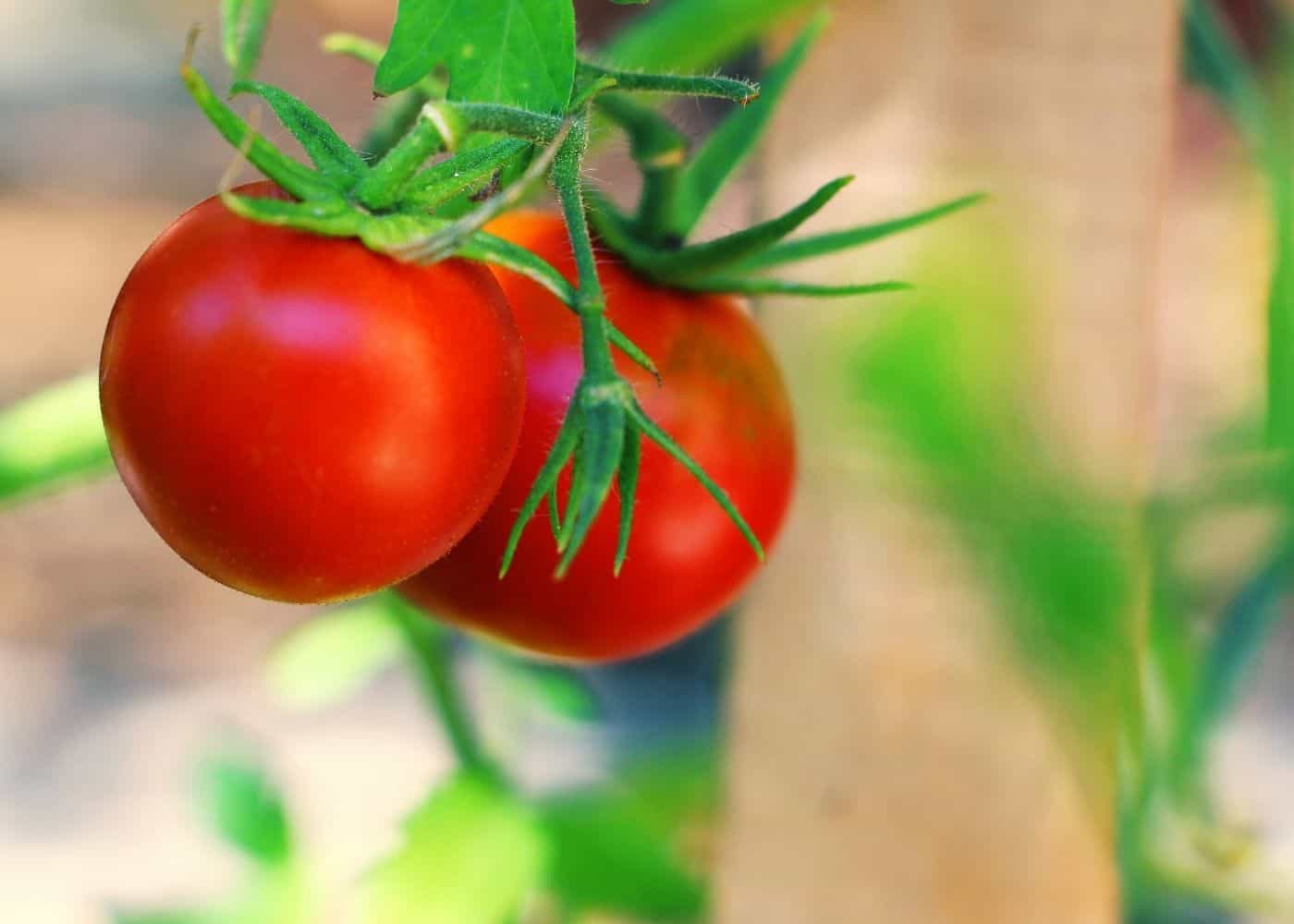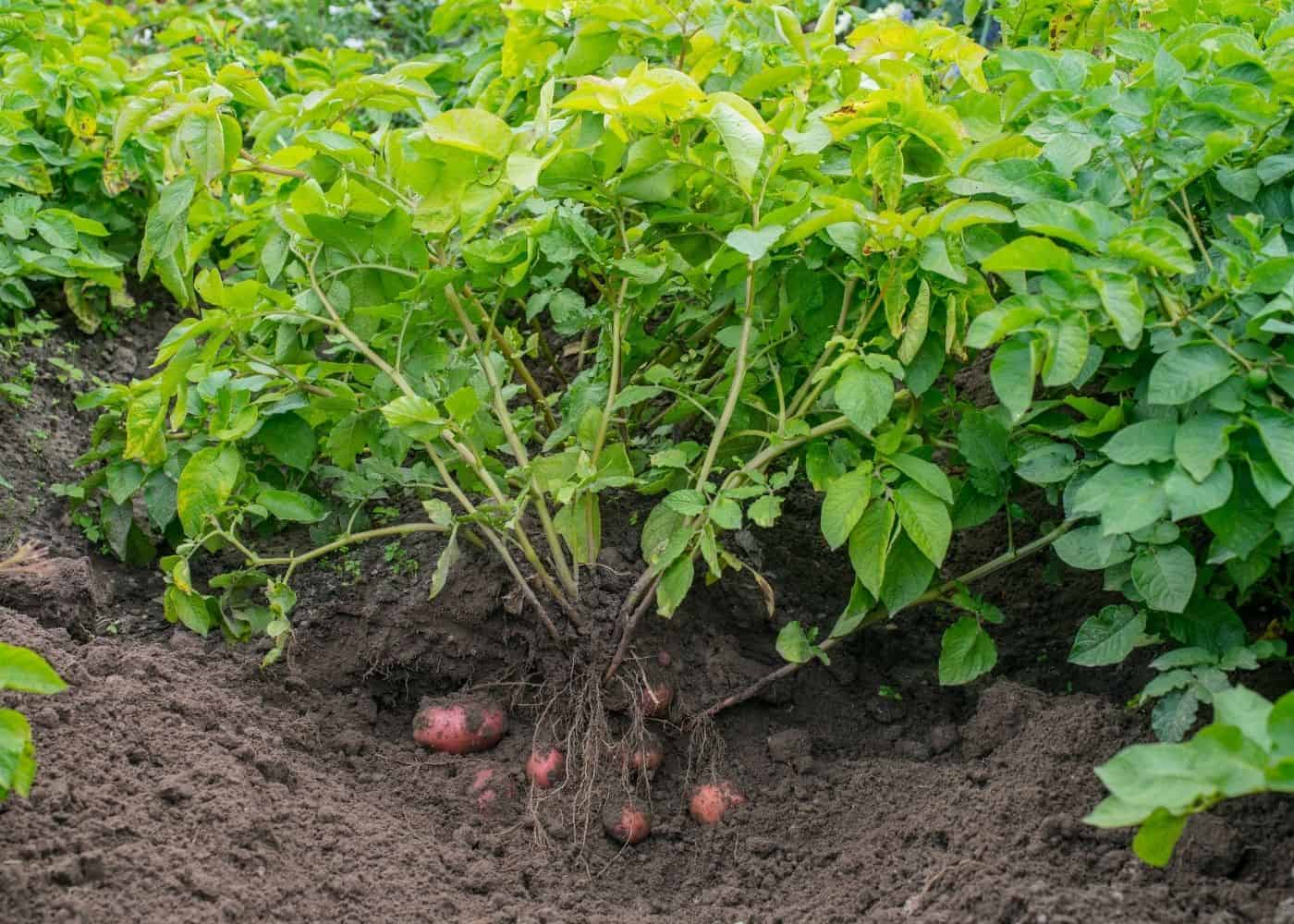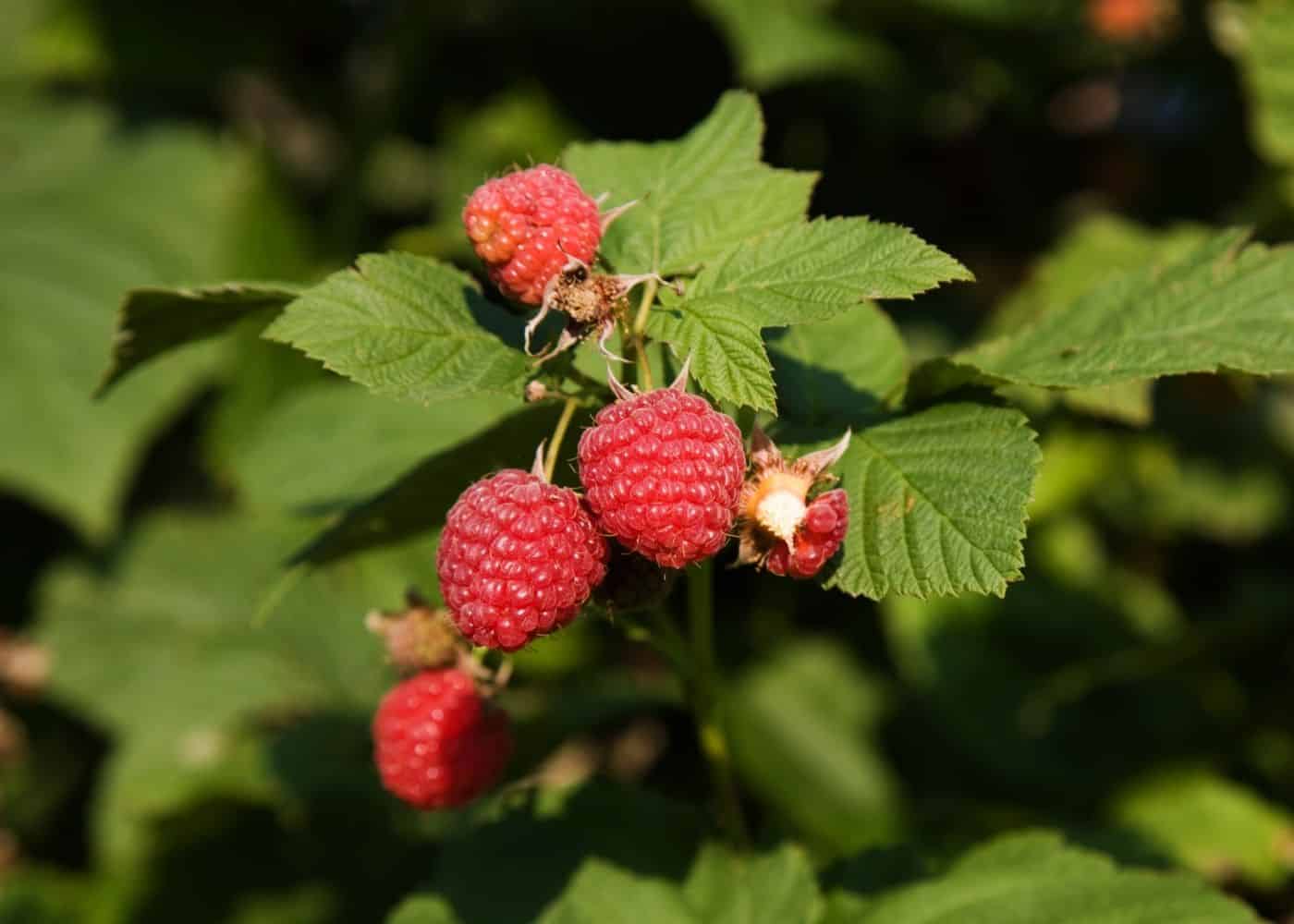Bad Companion Plants For Raspberries That You Should Avoid
Raspberries are a delicious and versatile fruit that can be enjoyed fresh, frozen, or cooked. They are also relatively easy to grow, but there are a few things you need to know about companion planting. Some plants can actually harm raspberries, so it is important to avoid planting them together.
In this blog post, we will discuss the bad companion plants for raspberries and why you should avoid them. We will also provide some tips on how to choose the right companion plants for your raspberry bushes.
What are companion plants?
Companion planting is a gardening technique that involves planting certain plants together to improve their growth and productivity. Some plants can help to attract beneficial insects, repel pests, or provide nutrients to their neighbors. Others can simply help to create a more attractive and harmonious garden.
Why should you avoid planting bad companion plants with raspberries?
There are a few reasons why you should avoid planting bad companion plants with raspberries. First, some plants can compete with raspberries for water and nutrients. This can lead to poor growth and yield. Second, some plants can attract pests and diseases that can harm raspberries. Third, some plants can release toxins that can damage raspberry plants.
What are some bad companion plants for raspberries?
Some of the worst companion plants for raspberries include:
- Nightshades: Nightshades, such as tomatoes, potatoes, eggplants, and peppers, are all susceptible to a fungal disease called verticillium wilt. This disease can easily spread from nightshades to raspberries, so it is important to avoid planting them together.
- Fennel: Fennel is a member of the carrot family, and it can release a chemical that inhibits the growth of raspberries.
- Strawberries: Raspberries and strawberries are both susceptible to a fungal disease called powdery mildew. Planting them together can increase the risk of infection.
- Cucumbers: Cucumbers and raspberries can compete for water and nutrients. This can lead to poor growth and yield for both plants.
- Beans: Beans can attract pests that can harm raspberries, such as aphids and beetles.
How to choose the right companion plants for raspberries
When choosing companion plants for raspberries, it is important to consider the following factors:
- Water and nutrient needs: Choose plants that have similar water and nutrient needs as raspberries. This will help to prevent competition for resources.
- Pest and disease resistance: Choose plants that are resistant to the same pests and diseases as raspberries. This will help to protect your raspberry plants from harm.
- Attraction of beneficial insects: Choose plants that attract beneficial insects, such as ladybugs and lacewings. These insects can help to control pests that can harm raspberries.
- Aesthetics: If you are concerned about the appearance of your garden, you may want to choose companion plants that complement the look of your raspberry bushes.
Conclusion
By avoiding bad companion plants and choosing the right ones, you can help to ensure that your raspberry bushes grow healthy and productive. With a little planning, you can enjoy delicious raspberries for years to come.
Raspberries are a delicious and versatile fruit that can be enjoyed fresh, frozen, or cooked. But did you know that there are some plants that should not be planted near raspberries? These "bad companion plants" can compete with raspberries for water and nutrients, or they can even spread diseases.
Some of the worst companion plants for raspberries include:
- Nightshades: Nightshades, such as potatoes, tomatoes, and eggplants, are susceptible to the same diseases as raspberries. Planting them near each other can increase the risk of these diseases spreading.
- Fennel: Fennel is a strong-smelling herb that can inhibit the growth of other plants. It should not be planted near raspberries or any other type of vegetable.
- Strawberries: Raspberries and strawberries are both susceptible to a variety of pests and diseases. Planting them near each other can increase the risk of these problems.
If you are unsure about which plants to plant near your raspberries, it is always best to err on the side of caution. A good resource for more information about companion planting is Gardenia Inspiration. This website provides a comprehensive list of plants that are good and bad companions for raspberries, as well as tips for creating a successful companion planting scheme.
FAQ of bad companion plants for raspberries
What are bad companion plants for raspberries?
Raspberries should not be planted near tomatoes, potatoes, eggplants, strawberries, or fennel. These plants are all susceptible to the same fungal diseases, and planting them together can increase the risk of infection. Additionally, fennel can release chemicals that suppress the growth of other plants.
Why should I avoid planting these plants near raspberries?
The following plants can compete with raspberries for nutrients and water, or they can attract pests and diseases:
- Tomatoes: Tomatoes are susceptible to verticillium wilt, a fungal disease that can also affect raspberries.
- Potatoes: Potatoes are also susceptible to verticillium wilt, as well as other diseases such as powdery mildew and blight.
- Eggplants: Eggplants are susceptible to the same diseases as tomatoes and potatoes.
- Strawberries: Strawberries are susceptible to a variety of pests and diseases, including aphids, spider mites, and verticillium wilt.
- Fennel: Fennel releases chemicals that can suppress the growth of other plants.
What are good companion plants for raspberries?
Some good companion plants for raspberries include:
- Alliums: Alliums, such as garlic, onions, and chives, can help to repel pests and diseases.
- Clover: Clover helps to improve the soil and attract beneficial insects.
- Marigolds: Marigolds help to repel pests and diseases.
- Nasturtiums: Nasturtiums help to attract beneficial insects and repel pests.
- Oats: Oats help to improve the soil and attract beneficial insects.
How far apart should I plant raspberries from other plants?
Raspberries should be spaced 3-4 feet apart, and other plants should be spaced at least 6 feet away. This will give the raspberries enough room to grow and spread, and it will help to prevent the spread of diseases.
Image of bad companion plants for raspberries
- Tomatoes: Tomatoes and raspberries are both susceptible to verticillium wilt, a fungal disease that can be fatal to both plants.

- Potatoes: Potatoes are also susceptible to verticillium wilt, and they can also attract the same pests as raspberries, such as aphids and spider mites.

- Eggplants: Eggplants are another member of the nightshade family, and they can also harbor pests and diseases that can harm raspberries.
- Squash: Squash can compete with raspberries for water and nutrients, and they can also attract pests such as cucumber beetles.
- Fennel: Fennel is a strong-flavored herb that can actually stunt the growth of raspberries. It can also attract pests such as carrot flies.

Post a Comment for " Bad Companion Plants For Raspberries That You Should Avoid"